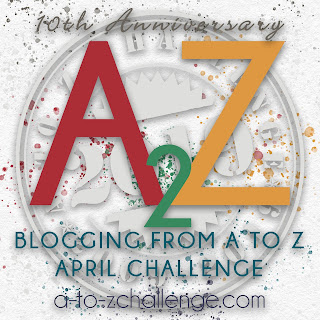I recently got feedback from one of my critique partners that really upset me. She said she felt my book was incredibly harmful and that it was essentially hate speech. I was completely shocked by this because while I know some of the views the characters voice in the book are not views many people subscribe to these days, they are views these particular characters hold and to remove that content from the book would irrevocably change both the characters and the story that is driven by these characters and their views. And we live in a country where free speech is allowed, so these characters have the right to say what they say.
I really want to be able to publish this book, but I really don't want to deal with being cancelled or called out for spreading hate speech when all I'm trying to do is be authentic to my characters and their stories. I've seen too many authors bullied on Twitter and Goodreads over the years not to know it can happen, but I never thought I'd be one of those authors. Now I'm beginning to wonder if publishing this book might just be setting me up for a public flogging.
Any advice?
Sincerely,
Not a Hater.
Dear Not a Hater,
Obviously, not having read your book or knowing the content, it's a little hard for me to give specific advice.
I'm interested that you mention free speech in there because it's something I've been thinking about a lot this week. And yes, people do have the right to say what they want to say. Where it gets grey is when what the person says is harmful to an individual or a community. Words have power and can have tremendous impact. So think about what your characters are saying and whether their words are something that could be weaponised to hurt people, incite violence or discrimination.
It's not just what they are saying, but how. Writers (and in fact all artists) explore difficult questions in their work and there are often fine lines between what one person calls challenging and another calls hate speech. Perhaps your book sits in this space for your critique partner.
My advice would be to get another set of eyes across it. If the book deals with a particular race or community, a sensitivity reader is probably a good idea, especially if you are not someone who is a part of that community. It may be that this particular critique partner is sensitive to a specific issue and is responding to this in your book. Another reader may not have the same reaction.
Best of luck navigating these tricky waters. Do let us know how it turns out.
X O'Abby









